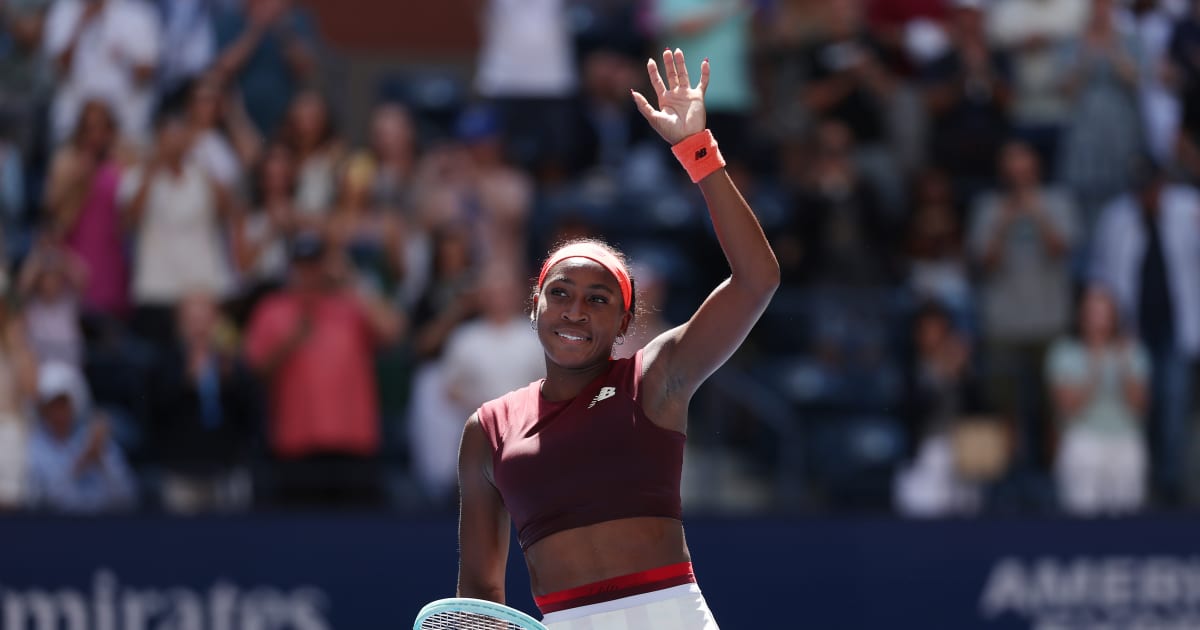The handshake that wasn’t: Cricket a casualty of India-Pakistan tensions

When India and Pakistan faced each other in the Asia Cup cricket tournament in Abu Dhabi this month, the most discussed incident was not a six, boundary or a wicket but after the games finished, when the players did not shake hands.What appeared to be a breach of sporting etiquette has grown into a diplomatic talking point. After the first match on 15 September, Pakistan made an official complaint against the match referee that India dismissed as unnecessary. After a subsequent game on 21 September, talk of a handshake boycott dominated the headlines. The silence between players was something much larger, showing that there is less and less room for civility in the broader relationship between the two countries.South Asia has long since treated cricket as more than a game. It has in the past provided rare opportunities for dialogue when the politics was frozen. The Indian tour of Pakistan in 2004 was a warm, cheerful celebration of massive crowds and great goodwill, the first bilateral contact after years when relations had turned sour. In 2011, the Indian prime minister at the time, Manmohan Singh, invited his Pakistani counterpart to Mohali for the ICC World Cup semi-final and presented it as a peace gesture.For millions of fans, the game remains a source of passion and pride. But for governments and politicians, it has become another stage to demonstrate toughness.That symbolism has eroded sharply in the last decade. Bilateral cricket has been largely suspended. Pakistan players remain barred from the Indian Premier League. World Cup fixtures between the two countries have long been treated less as contests of skill than as tests of national resolve. Media coverage in both countries frames these games as battles, feeding hyper-nationalism rather than easing hostility.This shift cannot be separated from the broader political climate. The April attack in Pahalgam, where militants killed 26 people, has worsened relations further. India then launched its Operation Sindoor and responded with diplomatic downgrades, suspension of cross-border agreements, and tighter security along the Line of Control in Kashmir, which also threatened to block the upstream water flow to Pakistan. Tourism in Kashmir has also suffered since the conflict between the two nuclear nations. Against this backdrop, expecting warmth on the cricket field was unrealistic. The absence of a handshake becomes another data point in a pattern of hostility, interpreted through the lens of bloodshed and mistrust.India’s captain, Suryakumar Yadav, made the political undertone explicit after their seven-wicket win over Pakistan. He dedicated the victory “to the victims of the Pahalgam terror attack” and to the Indian armed forces. On the decision to skip the customary handshake with Pakistan’s captain, he said: “I feel [a] few things in life are ahead of sportsmen’s spirit also.”Where there is cricket, there is structure, ritual, celebrations. But when the playing field becomes another stage for political statements, when the cheers are mixed with anger and fear, then cricket no longer sits at a remove from politics – it becomes an extension of it.The controversy has extended far beyond players and boards; it has stirred political firestorms within India. Opposition parties including the Aam Aadmi Party (AAP), Shiv Sena (UBT), Congress and many more have protested about the match against Pakistan as insensitive and immoral given the aftermath of the Pahalgam attack. AAP leaders burnt effigies of Pakistani players and urged restaurants and public venues to boycott screenings. Shiv Sena (UBT) launched a “sindoor raksha” movement – collecting sindoor (red powder) from households as a protest gesture and accused the government of using patriotism for profit. BJP leaders defended playing under multilateral tournament obligations, but the political cost has been high, with public anger mounting among constituencies that view sport engagement with Pakistan as a betrayal.Historical precedents show that politicisation along religious lines in cricket is also a significant concern in India-Pakistan rivalry. In October 2021, after Pakistan’s dominant win over India in the T20 World Cup, Pakistan’s Interior Minister Sheikh Rasheed publicly hailed the result as a “victory of Islam”, stating that Muslims worldwide, including those in India, were celebrating. Former Pakistan captain Waqar Younis sparked controversy by praising Mohammad Rizwan’s on-field prayer offered among Hindus. Younis later apologised for the remarks.Small gestures matter precisely because of cricket’s symbolic weight. A handshake, or refusal of one, can echo far beyond the stadium.The sad part is that cricket, which used to be a substitute for people-to-people contact and to some extent melted political divisions, now reflects the worst of bilateral tensions. For millions of fans, the game remains a source of passion and pride. But for governments and politicians, it has become another stage to demonstrate toughness.By treating cricket as part of conflict rather than a respite from it, both the nuclear-armed states are in danger of turning a shared cultural legacy into yet another casualty of their rivalry. India and Pakistan are unlikely to play regular cricket ties any time soon. Security concerns, public fury and political calculus are presenting obstacles for reconciliation.Their missing handshake at the Asia Cup was not an oversight, it shows how nationalism and political pride can turn even the simplest of gestures into mission impossible.












